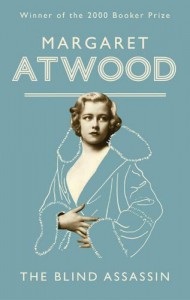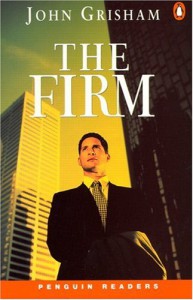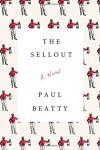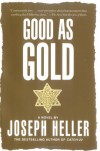The Girl who Kicked the Hornet's Nest
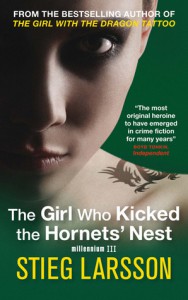
What we have here is a wonderful feast of revenge - a story style that I'm always game for. It's enjoyable to read as Stieg Larsson taps into his fantasies of investigative journalism vanquishing all the evils of the world. The plot was Jason Bournish, in that we have a rogue element operating secretly inside the Swedish government, doing everything it can to survive by burying the lives and credibility of those who threaten it. Of course (major plot hole), they don't have a hacker the likes of our dear Lisbeth. I call this a fantasy because the good guys don't just win here - they trounce and demoralize the bad guys in a way that provides the reader enormous satisfaction. Lisbeth Slander, Mikael Blomkvist and their many allies don't just kick the hornet's nest - they run it over with a truck. It's certainly not a perfect book. Stieg Larsson gets into a mess of minor subplots, and the story loses some focus as a result. Nevertheless, I was never for a moment bored. Larsson is responsible for one of this century's most compelling heroines, but he imbues every character with aspects that drew my interest. There is, for example, a recurring theme of casual sexual involvement and its moral bearing within the minds and lives of the characters. I'm not certain if Larsson is asking the reader to examine this issue as a way to counter common sexual attitudes or if he simply was indulging some of his own fantasies - maybe a bit of both. I noticed that Larsson's publisher is releasing the first of what will surely be a long series of additional novels using the characters from his world. This brings up the fascinatingly sticky legal elements at work, in which Larsson's publisher exploits its own abilities in the face of the author's premature death and lack of a will. I don't intend to read either of the two existing memoirs currently out on the author, but hope to someday read a really good Stieg Larsson biography that will take an objective look at this brilliant man and his legacy.

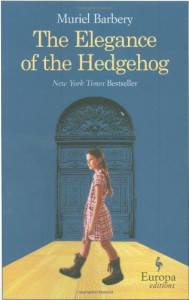

 1
1
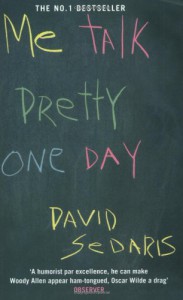

 1
1
